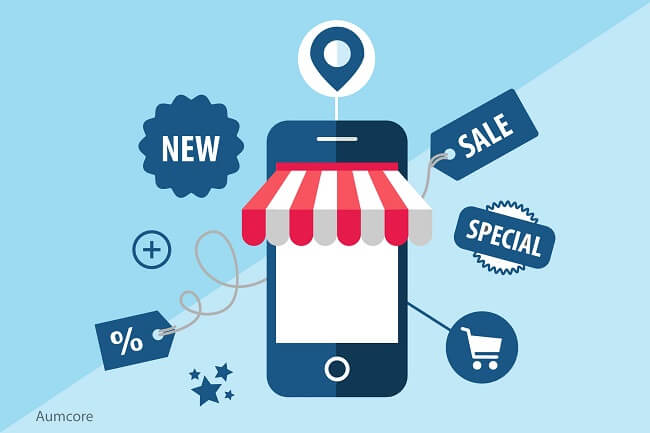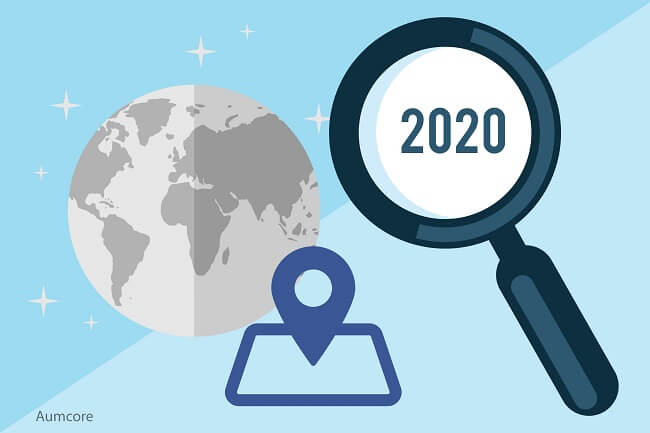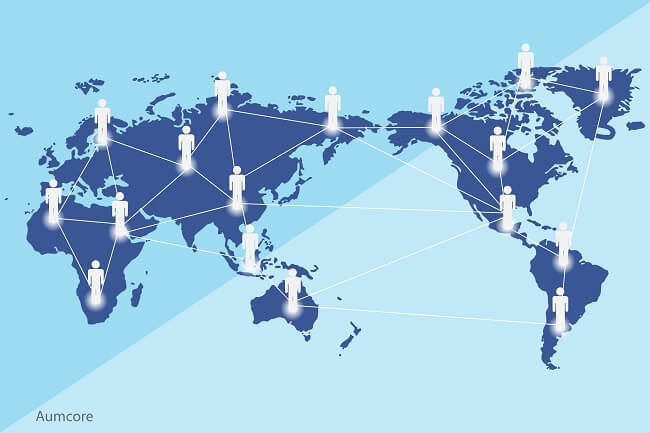Location intelligence is important for businesses to understand because it allows business owners to make informed decisions about where to open up shop in the physical world. But what is location intelligence exactly? It’s the technology that allows users to see which geospatial areas are more lucrative than others. Location intelligence is important because it allows business owners to see where their target audience lives/works, foot traffic to sites, and provides insights to other socio-demographic data sets helping businesses see what areas would be the best investment. Visual positioning systems are often used in conjunction with location intelligence systems. Visual positioning systems help users navigate physical locations virtually. The most notable example of a VPS is Google Maps, where users can see and explore geographical locations from their smartphones and computers.
This blog post explores the capabilities of location intelligence and why location intelligence is the future of mobility.
Understanding Location Intelligence
Before we deep dive into the nitty-gritty, it’s important to first answer the question, how does location intelligence work? Location intelligence exists at the intersection of different fields. It combines data analytics, geospatial data, and geographical information systems (GIS) to produce the insights needed for businesses to truly understand a location’s environment. From vehicles like the Google van, dozens of images are taken at different angles giving users a 3-dimensional feel of the physical space. This is how the visual positioning system works online. Thanks to the different disciplines from which location intelligence is derived from, users can store information, monitor data, and digitally see physical spaces. At this point, you may be questioning, what is location intelligence used for?
There are dozens of different uses for this technology. One example of businesses using location intelligence can be seen in the restaurant industry. Restaurants can target customers living within a specific geographical range of their restaurant and offer them a deal if they dine in through push notifications or advertising platforms. That single offer alone could result in increased traffic and sales for their store. Another example of location intelligence usage can be seen in smartphone apps. Platforms like security systems and bluetooth enabled systems use beacons and geofencing to enable certain features once devices enter a certain range. This technology is available thanks to location intelligence.

Location Intelligence in Different Industries
The ability to quickly and efficiently source information about a location and disseminate it to users is becoming increasingly more important. That’s why location intelligence is a feature every industry can leverage. From the restaurant and retail industry to the automobile and transportation industry, businesses can use location intelligence applications to heighten their products, services, and streamline their operations.
For the retail industry, location intelligence is helping businesses identify sales patterns to predict future best-selling items at different locations. This kind of information is important for business owners because they can stock up on items they believe will be popular in any number of their stores. Location intelligence is also helping businesses across the board with their eCommerce deliveries. U.S. eCommerce sales in 2019 alone totaled over $602 billion.
One of the greatest advantages of visual positioning systems is that companies can track packages from production and shipment to delivery. This is also true for internal shipments of inventory and stock. If a company needs to ship items to a warehouse or a different location, location intelligence helps businesses streamline their operations.
One industry where location intelligence has been named a game-changer is in the automotive industry. Dealerships can now predict the wear and tear of a vehicle and predict when a car will need maintenance. In the event there is a recall, location intelligence can also help pinpoint where the defective products are and who car dealers need to notify. The transportation industry is another industry where location intelligence can be a game-changer. Establishing routes for new public transport lines for busses and trains heavily impacts local populations and economies.
In more newly established modes of transportation, such as publicly accessed bikes and scooters, mobility as a service model benefits from location intelligence when users need to locate these vehicles and companies need to track their movements. According to Artem Zagorulko, Senior Delivery Director and Head of Location-Based Services at Intellias, “ Location intelligence helps you plan, monitor, and manage complex services like fleet management, logistics, and passenger transportation to increase the performance, cost-effectiveness, and productivity of your business.” This is why location intelligence will be the future of mobility.

Location Intelligence Trends for 2020
According to a study done by Dresner Advisory Services, R&D, operations, and executive management in enterprise areas believe that location intelligence will be critically important in the coming year. We’ve seen how location intelligence has already helped different industries become more efficient and effective. To stay ahead of the curve, we’ve noted a couple of trends to look out for and what you can expect to see from location intelligence in 2020.
- Location Intelligence in Healthcare: In the Dresner Advisory Study, healthcare organizations were second industry to rate location intelligence as critical
- Real-time Location Mapping and Processing: The world is obsessed with live streaming and the instantaneity of technology, real-time location mapping and processing is expected to make major headway this year.
- User Privacy: As the battle for digital privacy wages on, location intelligence is expected to take a hit with only 30% of users acknowledging they are either neutral or comfortable sharing their location data. This is a challenge corporations need to overcome as users are still uncomfortable with the idea of their location information being used for marketing and advertising purposes.
Location intelligence has progressed rapidly but still has a long way to go. And with growing user concern over online privacy, it’s anyone’s guess as to how location intelligence will evolve.
Key Takeaways
Location intelligence is helping businesses understand their surroundings and helping users receive heightened products and services. It allows companies to pinpoint the exact locations of products and merchandise while also providing insight into how brands can better serve geographic locations. Before you go, here are the key takeaways of why location intelligence will be the future of mobility one more time:
- Location intelligence allows business owners to see where their target audience lives/works, foot traffic to sites, and provides insights to other socio-demographic data sets helping businesses see what areas would be the best investment.
- Visual positioning systems help users navigate physical locations virtually.
- Restaurants can target customers living within a specific geographical range of their restaurant and offer them a deal if they dine in through push notifications or through advertising platforms.
- Security system platforms and bluetooth enabled systems use beacons and geofencing to enable certain features once devices enter a certain range. These items are fueled by location intelligence.
- Location intelligence is helping the retail business identify sales patterns to predict future best-selling items.
- Thanks to location intelligence, car dealerships can now predict the wear and tear of a vehicle and predict when a car will need maintenance.
- With such a heavily eCommerce fueled society, companies can track packages from production and shipment to delivery using location intelligence.
- In the coming months we will see the rise of location intelligence in the healthcare industry.
- Users can also expect real-time mapping and processing because of location intelligence.
- One huge challenge businesses face when using location intelligence is when it involves their user’s data.




